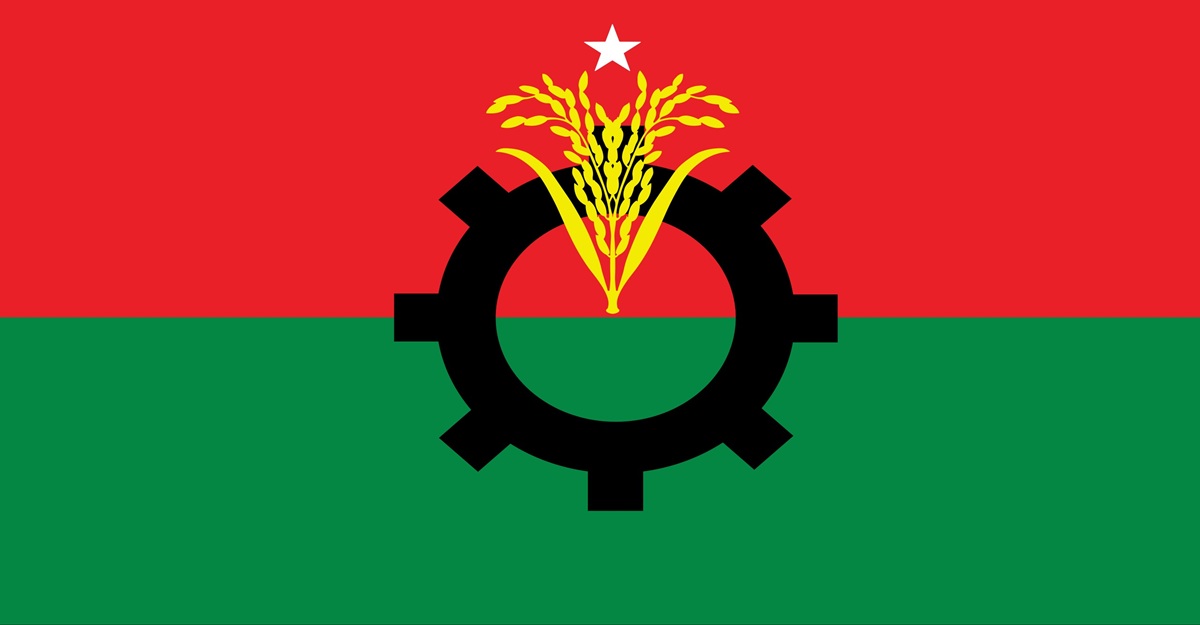BNP may drop disputed nominees amid growing internal rifts


Concerned by internal rifts in several districts following the announcement of its initial candidates for 237 seats, BNP is now considering dropping controversial and heavily disputed nominees from its preliminary list for the 13th national election.
A team of senior party leaders has been tasked with resolving internal conflicts in several constituencies, assessing the performance of the nominated aspirants and identifying poor performers and controversial ones, party insiders told UNB.
At the same time, the party is moving ahead with final preparations for the national polls, including completing its election manifesto.
The decisions were taken on Monday night at a meeting of the BNP’s National Standing Committee at the party chairperson’s political office in Gulshan.
Talking to UNB, a BNP Standing Committee member, wishing anonymity, said a list of 35 candidates has been initially prepared for review. “This doesn’t mean the candidates in all these seats will be changed. But we will reassess whether our nominations were right or wrong.”
He said an internal survey is being planned in these constituencies to further check the popularity of the candidates and their rivals before making the final decision.
The BNP leader also said the party is focusing on removing intra-party conflicts in all seats to ensure a single candidate represents the party without facing a rival.
On November 3, BNP announced primary nominations in 237 seats, but the announcement triggered protests, clashes and serious disagreements in around 60 constituencies. Several people were injured, leaving the party leadership embarrassed.
At the meeting, some Standing Committee members raised concerns over nominations given to controversial figures, elderly candidates and those linked to local rivalries.
They said replacing disputed nominees with dedicated and qualified leaders would help reduce conflicts and ensure party victory.
One senior leader pointed to Chattogram-12 and Noakhali-5 seats, saying the nominees there have faced widespread negative publicity in mainstream and social media.
He also pointed out that protests demanding candidate changes in some areas even led to clashes between rival groups, intensifying intra-party conflicts.
BNP Standing Committee member Dr Khandaker Mosharraf Hossain said the reactions seen in some places are ‘natural’, as many enthusiastic aspirants did not get nominations. “Many of our leaders and workers supported those who were deprived of nomination. So, some reactions are coming. I believe this will settle down with time,” he said.
BNP Standing Committee member Salahuddin Ahmed said, “This is not our final selection. We still have room for reconsideration. If any decision is not fully correct in one or two places, it may be reviewed. But this will not happen widely.”
Another Standing Committee member said the party may reconsider nominations in a few cases after further verification. “Others may be evaluated and accommodated in different ways.”
He added that BNP will take a tougher stance if similar protests occur after the final list of candidates is announced following the election schedule.
Meanwhile, a BNP Standing Committee member said the party has taken up a large-scale campaign strategy focused on sector-based commitments and development-oriented messages ahead of the election.
As part of this initiative, constituency-based teams comprising central, associate and front-organ leaders are being formed.
The BNP leader said the teams’ task will be to present voters with leaflets explaining what BNP plans to implement if voted to power, the reforms it intends to introduce, and the overall vision for the country.
“The broader campaign will avoid negative rhetoric and instead emphasise realistic, sector-wise development plans under the theme ‘Bangladesh First.’ The manifesto, built on the party’s 31-point reform plan and the July Declaration, will outline reforms in healthcare, education, agriculture, environment and employment. Plans include affordable primary healthcare, education linked with jobs, support for farmers, major water management programmes and revival of cottage industries,” he said.
During the campaign, BNP plans to attract female voters with the proposed ‘Family Card’ while appealing to the youth with a pledge to create one crore jobs within 18 months.
Contacted, Dr Ziauddin Haider, a member of the BNP Chairperson’s Advisory Council, said their party’s manifesto is being prepared to build a modern Bangladesh by addressing real needs in health, education, agriculture, environment and employment. “The manifesto will be formally announced after the election schedule is declared.”
